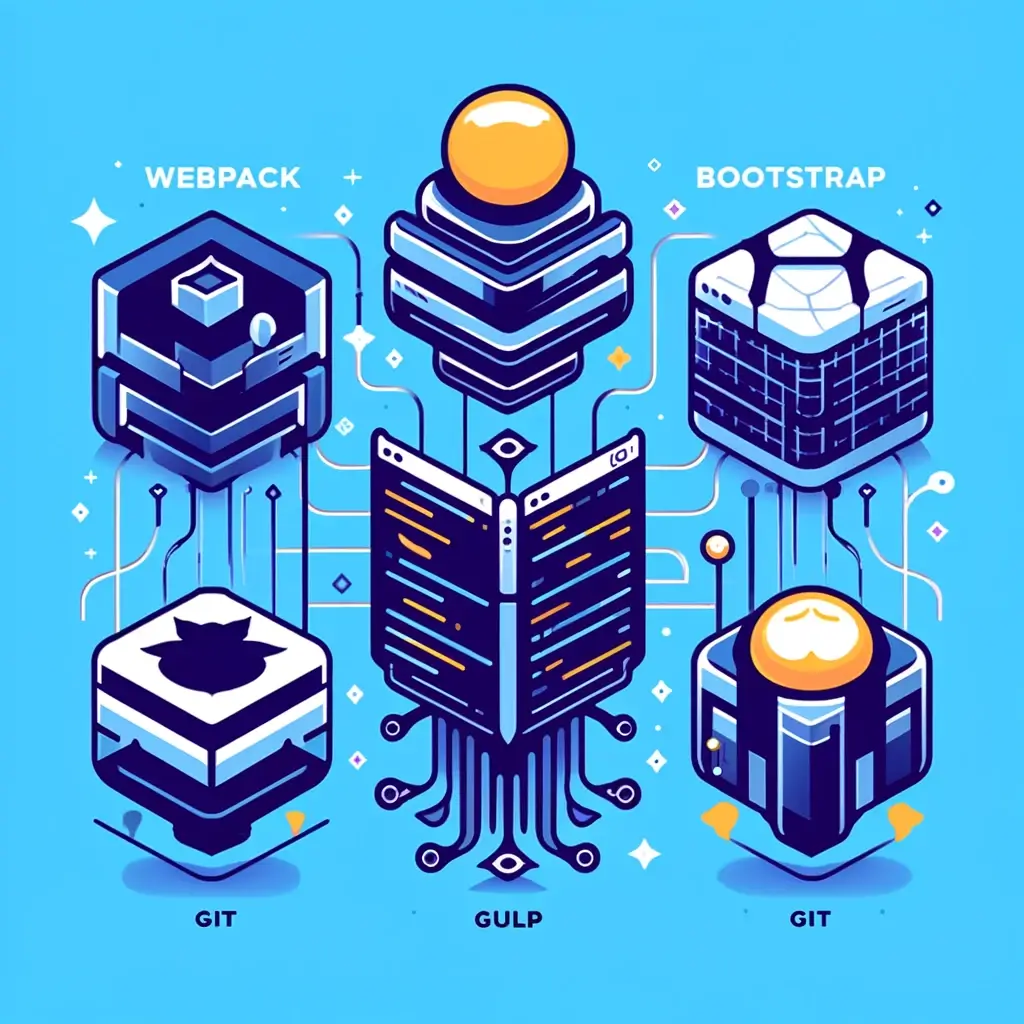
At TechCmantix, we don’t just build websites; we sculpt seamless digital experiences that resonate with your audience. Our Front-end Development solutions are the brushstrokes that transform code into captivating interfaces. From sleek designs to seamless interactions, we infuse life into pixels, ensuring your users stay engaged and your brand stands out with interactive UI/UX design.


We understand that mobile devices dominate user interactions. Our mobile-first web development and responsive web design adapt flawlessly across screens, ensuring a consistent experience.


Our team crafts fluid grid layouts and flexible website layouts that flow gracefully, whether on a smartphone, tablet, or desktop


Speed matters. We optimize assets, minimize HTTP requests, and leverage browser caching for lightning-fast load times.


We create pathways that guide users seamlessly through your site. Clear menus, logical hierarchies, and intuitive website navigation—your users will love it.


Subtle animations delight users and enhance usability. From micro-interactions in web design to smooth transitions, we add that extra sparkle through engaging web animations.


Everyone deserves a great experience. Our designs comply with WCAG guidelines, making your site accessible to all.


Our developers wield these tools like artists. HTML5 front-end development and CSS3 styling and layouts combine to create visually stunning, semantic, and accessible pages.


React, Angular, Vue—our proficiency spans them all. We build dynamic interfaces that respond in real-time.


We optimize images for different devices, ensuring clarity without compromising speed through responsive images optimization.

At TechCmantix, we wield a powerful toolkit to sculpt your digital masterpiece:














Front-end development involves building the user interface of a website or app using HTML, CSS, and JavaScript. It connects design with functionality, creating interactive elements users engage with directly. Popular tools include frameworks like React, Angular, and Vue.js to speed up development.
A polished front end makes a powerful first impression, enhances brand perception, and keeps users coming back. Fast load times, easy navigation, and visual appeal make your business look more professional and trustworthy.
Performance is king. Optimizing assets (minified code, optimized images, caching) and reducing HTTP requests can significantly boost page speed—ensuring users stick around and search engines reward you too.
Absolutely. Modern front ends must work smoothly across devices (mobile-first) and remain accessible—using semantic HTML, ARIA roles, good color contrast, and keyboard navigation—to reach all users.
Use modular components, enforce consistent code style with tools like ESLint and Prettier, adopt naming conventions (BEM), comment and document code, and organize your project structure clearly.
Regular testing across browsers and screen sizes is essential. Use graceful degradation and progressive enhancement strategies to ensure functionality even on older devices or browsers.
The front end is the user-facing layer—the visuals and interactions; the back end handles data, logic, and server-side operations. Together, they form a complete, dynamic web application.
Micro frontends let you split a large app's UI into independently developed, deployable modules. Teams can work autonomously, updates are easier, and scalability improves—especially useful for complex or evolving projects.
Very. Version control systems like Git, coupled with platforms like GitHub or GitLab, support collaboration, branching, code reviews, and rollback capabilities—critical in team workflows.
Continuous learning is part of the job. Developers follow community resources (blogs, Reddit, Hacker News), but wisely adopt new tools—balancing innovation with stability.